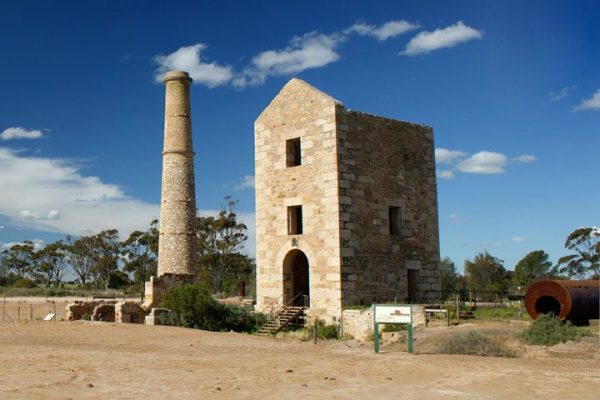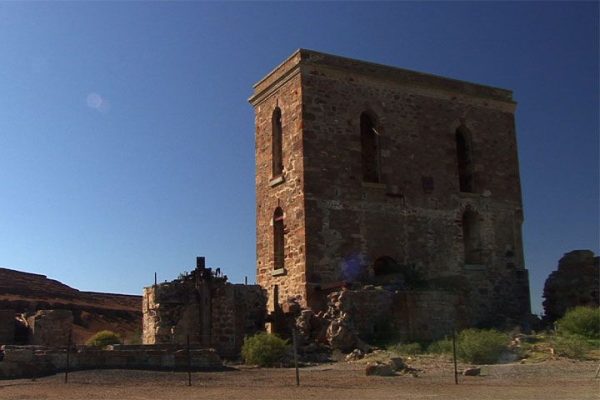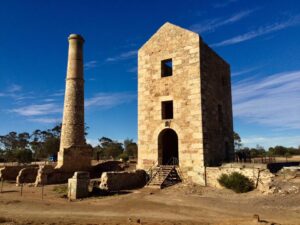Welcome to Moonta
The name Moonta is derived from the aboriginal word Moonta- Monterra meaning impenetrable scrub.
Walter Watson Hughes occupied the area as part of his Wallaroo sheep run.
It was one of his shepherds, Paddy Ryan, who discovered copper in the mouth of wombat burrow in 1861. Paddy was paid a reward of £6 ($560) per week for discovering the copper, but was dead within 9 months from alcoholic poisoning.
The discovery of Copper signaled the start of a mining boom in the area. It attracted skilled workers from many parts of Britain. Many came from Cornwall bringing with them all their customs and traditions which eventually lead to the place often being referred to as ‘Australia’s Little Cornwall’.
The National Trust of South Australia - Moonta Branch

The National Trust of South Australia
The National Trust of Australia is responsible for the protection and conservation of places of heritage significance for South Australia and Australia.

National Trust Moonta
Our aim is to preserve the local mining history, buildings and artefacts, with an aim to conserve the Moonta area. We are making it accessible for all generations to come, allowing everyone to participate in, and appreciate the remarkable ingenuity of our Cornish ancestors.

Cornish Mining Heritage
Fortunately for us, two shepherds stumbled across some wombat holes that had greenish rocks, turning out to be copper. This signaled the start of the mining boom on the Yorke Peninsula.
Latest News & Events

Friends of Moonta Mines Conservation Appeal
This year marks 100 years since the closure of the Moonta Mines which was in its heyday considered to be the financial “backbone” of

Moonta Mines: The Magic and Mystery of Life on the Mines
The National Trust of South Australia are excited to be working with Makers Empire to deliver a school-based program to the Copper Coast and

Guided Walking Tour of the Moonta Mines Elders Line of Lode
Walk this heritage listed Cornish Mining site and marvel at the condition of the Ore Floor which is arguably the best preserved in the

Guided walking tour and entry to Miner’s Cottage & Garden
Walk in the footsteps of the Cornish Miner and their families whilst you listen to stories of their lives and visit the various Tailing



